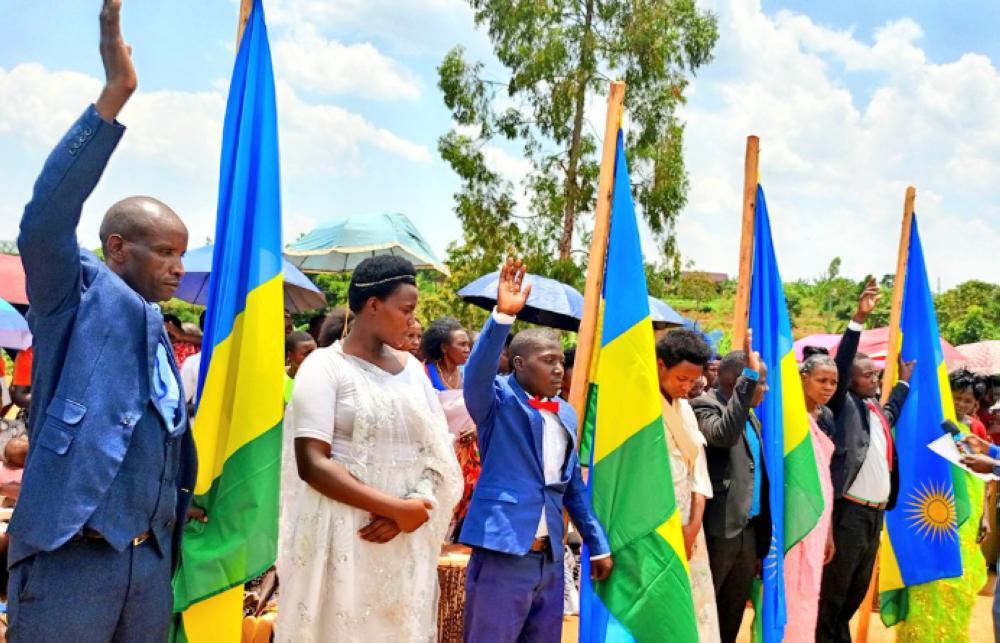Africa-Press – Rwanda. After a long legislative process, a new law governing persons and family has been officially gazetted, including several key changes.
The law harmonises two pieces of legislation; one pertaining to persons and family, and the other governing matrimonial regimes, donations, and successions.
It was gazetted on July 30. Here are some five changes that it brings.
18-year-olds can apply for marriage in case of reasonable grounds
The new law permits Rwandans aged 18 to get married legally, provided they apply for it at a competent authority and present reasonable grounds for the request.
Under normal circumstances, the legal marital age is 21. However, under certain circumstances, an 18-year-old may apply for marriage. The New Times understands that reasonable grounds for an 18-year-old to apply for marriage include employment opportunities that require a person to be married.
Spouses no longer required to hold flag during exchange of marriage vows
Under the new law, the national flag will not be used by couples exchanging marriage vows.
The law says spouses will be taking their oaths when raising their right arm while the civil registrar will be the one to hold the flag.
Earlier explanations presented by the executive to the legislature during the discussion of the law, argued that marriage vows are between spouses and represent a commitment to love and care for each other, thus, holding the flag does not necessarily signify adherence to those vows.
Valuing unpaid care work during divorce
Unpaid care work which consists of non-market and unpaid activities carried out in households by one of the spouses, is to be taken into consideration when spouses are sharing property during divorce.
“During divorce proceedings, upon request by one of the spouses, the court may take into account the value of unpaid care work performed by one of the spouses or both,” reads article 175 of the law.
Spouses can draw up a matrimonial regime different from existing ones
“Intending spouses may choose matrimonial regime based on agreement drawn up by them if it is not contrary to the rules of public order and good morals of Rwandans,” reads the 166 article of the law.
Prior to this, there were three existing types of matrimonial regimes, however, these types do not give the prospective spouses a choice to design their own regime.
These regimes are community of property, which is a contract by which the spouses opt for joint ownership of all their property, limited community of property whereby partners share everything they amass from their wedding day, and separation of property which means complete separation of spouses’ respective assets.
For More News And Analysis About Rwanda Follow Africa-Press






